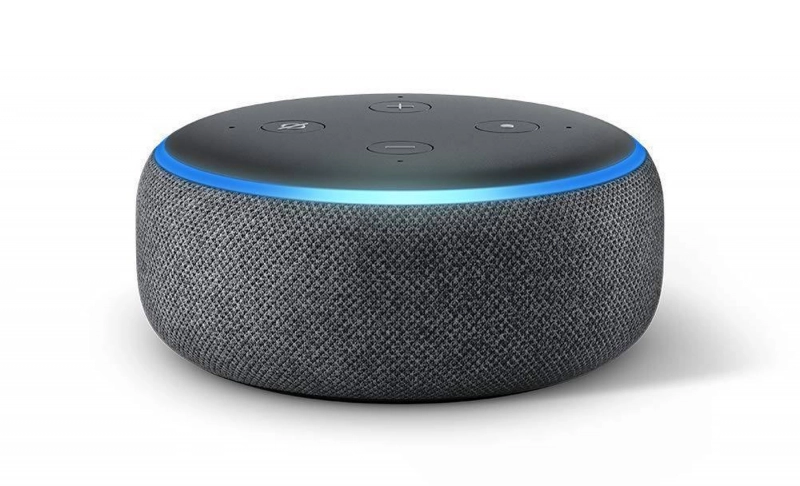By: Praveen Kumar H
December 22 2021

Alexa's CPR-related help is informational and educational. It does not substitute professional training in first aid, medical advice, or treatment.
Alexa's CPR-related help is informational and educational. It does not substitute professional training in first aid, medical advice, or treatment.A text post on Facebook has been doing the rounds since early 2020, claiming that Amazon's Alexa can be instrumental when someone experiences a cardiac arrest. The post adds that shouting something along the lines of "Alexa emergency CPR!" can trigger the voice assistant to provide instructions on performing cardiopulmonary resuscitation. Although it appears quite a simple protocol for Alexa, in reality, asking for professional help is critical in such situations. According to the U.S. Centers for Disease Control and Prevention (CDC), about 350,000 cardiac arrests occur in non-hospital locations every year, of which 70 percent happen at home. About 50 percent of the people who have cardiac arrests at home do not receive the help they need from bystanders before an ambulance arrives. The CDC advises that Americans call 911 immediately in such situations and that CPR should be done until medical professionals arrive. Amazon's Alexa skills webpage features various categories in which the AI voice assistant might be helpful, such as making a grocery list, controlling lights and multimedia systems, reading out news, or ordering food. Its health and fitness skills include procuring information from the American Heart Association (AHA). Individuals can ask Alexa for reliable information regarding immediate responses to cardiac arrests and heart attacks with the invocation name "American heart." These are some of the commands one can give Alexa for necessary instructions: "Alexa, ask American Heart," followed by: "How do I perform CPR?" and/or "Tell me how to do CPR." and/or "What's the best way to do CPR?" and/or "If I need to do CPR, how would I do it?" Other commands can include asking Alexa about the signs of heart attack, choking, or stroke. According to AHA, Alexa offers the steps of hands-only CPR for a teen or adult who has suddenly collapsed. Amazon's disclaimer also suggests calling the local emergency number if one thinks they have a medical emergency, as it is almost always the fastest way to get lifesaving treatment. Because it is not certain that performing CPR on people experiencing cardiac arrest can save their lives, even when Amazon's Alexa details the necessary steps, we have marked this claim as partly true.